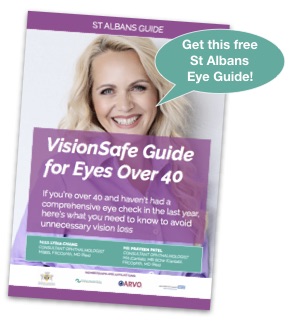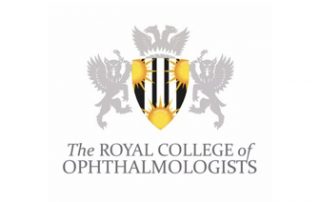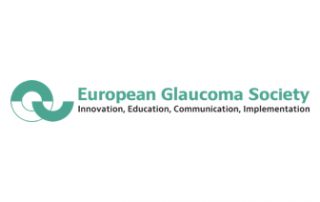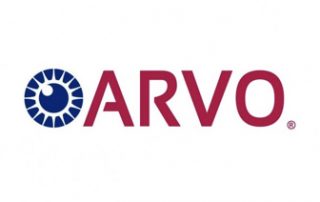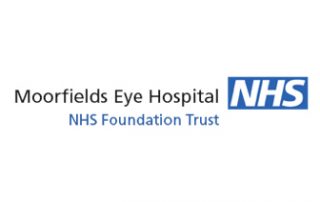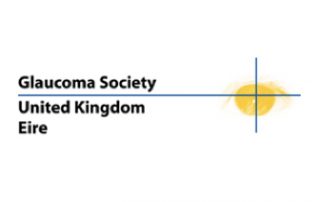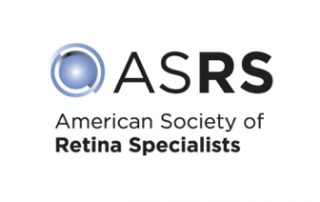Are you over 40 and haven’t had a comprehensive eye check done in the last year? A VisionSafe Eye Check will detect signs of retinal vein occlussion so you can get treatment fast
Retinal Vein Occlusion treatment
The mainstay of treatment for retinal vein occlusion is for early detection of the condition, to identify and treat any underlying risk factors and treat sight-threatening complications such as fluid build up in the central retina (macular oedema).
New treatments for macular oedema have transformed the outlook for patients with retinal vein occlusion. These involve the injection of a highly specialised and targeted medicine into the gel-like fluid of the eye (the vitreous). The medicine works by blocking the protein responsible for the leakage of retinal blood vessels in retinal vein occlusion.
What problems does the Retinal Vein Occlusion treatment address?
Injection treatments for macular oedema aim to stop the bleeding and leakage of fluid from retinal blood vessels. Ongoing regular injections are needed to help stabilise the condition.
How do you know that Retinal Vein Occlusion treatment is the right solution?
The type of treatment we recommend will depend on whether you have potentially sight-threatening complications of retinal vein occlusion such as macular oedema and the severity of changes in the retina.
It is important to remember that without treatment, the majority of patients with macular oedema irreversibly lose vision. Early detection and treatment of retinal vein occlusion offer the best prospect of preventing further vision loss, and up to 40% of patients gain some amount of vision after regular treatment.
Our Patients Say…

“Extremely personable and reassuring. Knowledgeable. Explained options.Successful treatment so far.”

“Most attentive and sympathetic to a patient as well as explaining carefully any procedures.”

“Brilliant! Highly recommend.”

“Very professional yet personal and friendly. Calm & reassuring environment and personal at all levels.”

“Dr Patel explained everything clearly and carefully. No feeling of rush or push to have more procedures. Very friendly & charming reception throughout the clinic.”

“Thank you to Dr P for recommending me. I travelled from Kent and it was an extremely thorough consultation.”

“Everything well explained – great care & understanding. Would thoroughly recommend.”

“I was dealt with very professionally with great care to detail and treated with great kindness. Thank you.”

“I am impressed! You are very thorough.”

“Fuss-free and efficient. Friendly and reassuring.”

“This is an extremely well-run clinic and the staff are kind, understanding and efficient.”

“Very thorough examination & informative discussion.”
Eylea, Lucentis and Avastin injections
New treatments for macular oedema have transformed the outlook for patients with retinal vein occlusion. These involve the injection of a highly specialised and targeted medicine into the gel-like fluid of the eye (the vitreous). The medicine works by blocking the protein responsible for the leakage of retinal blood vessels. This protein is called vascular endothelial growth factor (VEGF), and the medicines used are called anti-VEGF agents.
Different types of anti-VEGF agents are available, and Mr Patel can discuss the best treatment for you during the consultation. Studies have shown that repeated and regular anti-VEGF injections are effective in preventing blindness and can stabilise vision in patients with retinal vein occlusion. Injection treatments don’t work if you are unable to have regular injections or if you are unable to attend for regular follow-up consultations. The interval between anti-VEGF injections and the length of time you will need treatment for will depend on the severity of the condition and how you respond to the treatment.
Currently, there are three different types of anti-VEGF medicines which are commonly used to treat wet AMD. These are Eylea, Lucentis or Avastin. Mr Patel will discuss which of these treatments is most appropriate for you after a detailed consultation and with appropriate retinal imaging tests.
Other treatments such as steroid injections into the eye (Ozurdex injections) may be indicated in some cases. However, Mr Patel can discuss the most appropriate treatment with you and personalise the choice of treatment based on your needs and the severity of your condition.
Latest news from your eye doctor in St Albans
We regularly share new videos and blog posts for our St Albans patients about common eye questions and concerns. You can subscribe at the bottom of this page to receive the latest updates.
Vision loss after 40: A VisionSafe Eye Check might catch signs of AMD, glaucoma, macular or retinal conditions.
Vision loss after the age of 40 is common, and there are several reasons this happens. One of the most prevalent reasons is an age-related change in our focusing which means we are not able to read small print easily without glasses (also known as presbyopia). However, there are more serious eye conditions which can lead to irreversible vision loss if not detected at an early stage.
What is macular degeneration?
AMD is a condition which affects the retina, the light-sensitive membrane at the back of the eye. As we get older, we develop an accumulation of waste material underneath the retina. This accumulation can affect the function of the light-sensitive cells.
What is glaucoma treatment and how does glaucoma treatment work?
There are different types of glaucoma treatments. The mainstay of glaucoma treatments is to reduce intraocular (eye) pressure to slow down or stop the disease from worsening.
Memberships and affiliations
Our Consultant Ophthalmologists love to stay on top of the latest in eye treatment options for patients through regular industry meetings, journals and research.
Request a Call Back
Whether you’d like to book a VisionSafe Eye Check, or discover your eye treatment options, give us a call on: 01727 227 013 or request a call back below:


